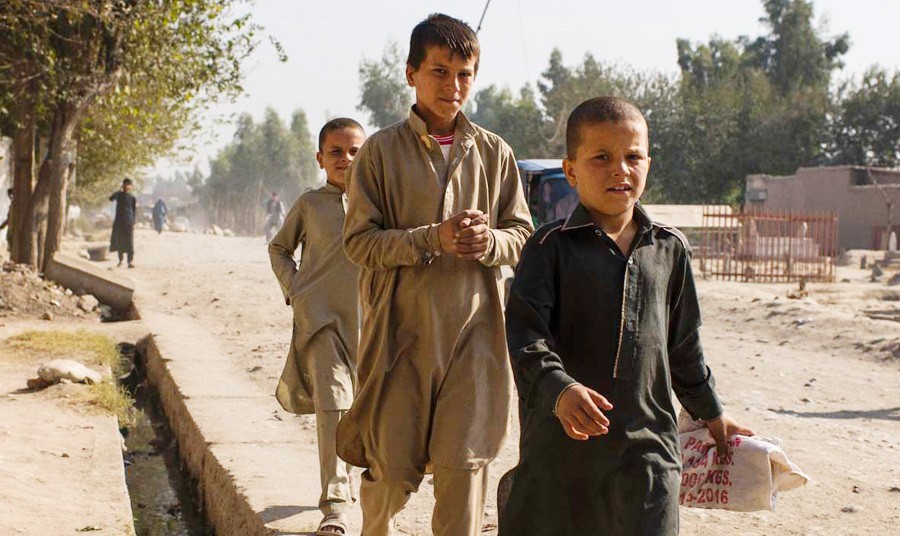
‘Difficult to live in’, ‘violent’, ‘guilty till proven innocent’-- the list is long

Notices containing a frivolous sketch of those posing a security threat have been in circulation across Punjab -- individuals with Pashtun features wearing Pashtun attire selling dry fruits, toys, household items or Afghani kehwa -- all guilty till proven innocent.
"Do you not see how they [the Pashtuns] have destroyed their own land? Now they want to destroy our peace, too. They should be kicked out of Punjab -- all of them," says Tariq Mehmood.
Then, he pauses to reflect on his words. "Of course, many innocent people from their communities will suffer as well. But, this has to be done for the greater good. Look at the larger picture and the numbers; most of them are violent. It may be unfair to some but it happens during war," he adds.
He is a forty-year old married Punjabi man with two children, works as a sales manager at a firm in Lahore and takes keen interest in the country’s politics. When he talks, the vocabulary that often features in rhetoric used by the state to justify human rights’ violations eerily creeps up.
But he is not the only one.
"There is always collateral damage in war," agrees Mohammad Zahid, a real estate broker, as he joins the discussion. The conversation is taking place in Z-block market in Defence Housing Authority where an explosion killed 10 people on February 23.
Read also: The search is on
"There are some people who are going to suffer because of the violent actions of the majority. The same thing happens during a terrorist attack. A bomb blows up and innocent people die too. They are not the target but they suffer," adds Zubair Ali, a student at a local university.
When the state wishes to distance itself from the bloodshed it causes to prevent terrorism, it uses sanitised terms, such as ‘collateral damage’. When the citizenry echoes the same, it is representative of the deepening fissures within society and the pace of its disintegration.
"Pashtuns, in particular, are very violent and grow up with weapons as part of their culture, "he says. He thinks Pashtuns should be sent back immediately. "They don’t fit into Lahore’s hospitable and easy-going culture," he remarks.
"I’m not too sure about what is happening right now. But the fact that the government has alerted us that we should be careful about Pashtun vendors means that they have some sort of intelligence information that they cannot talk more about. It is better to be safe than sorry," says Hijab, who works as an administrator in a school.
"This entire idea that Afghans/Pashtuns should be viewed with suspicion is very strange. Anyone can take it upon themselves to disrupt peace. How can we decide by looking at someone that they are guilty or innocent?" says Saima, a banker.
That an Afghan/Pashtun vendor trying to make ends meet by virtue of his race and ethnicity is a threat to national security is a preposterous idea. The perpetuation of caricatures of Afghans/Pashtuns and the branding of their communities as terrorists provides a perfect background for pogrom. In a country where the dominant narrative in defence of Muslims or people of colour when they are mistreated in the West is that terrorism is something that has no connection with religion, race or ethnicity, the current scenario also represents an appalling double standard.